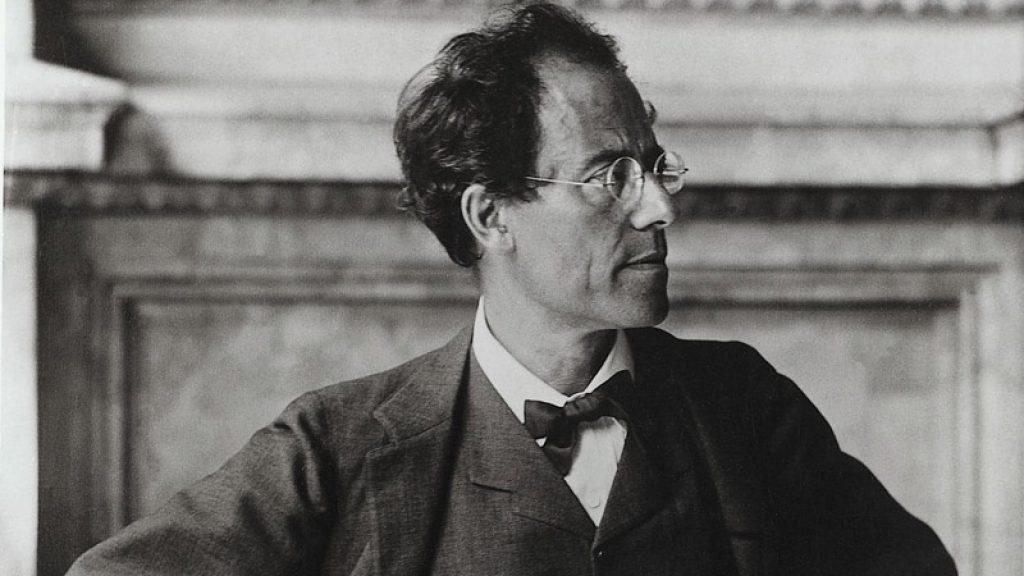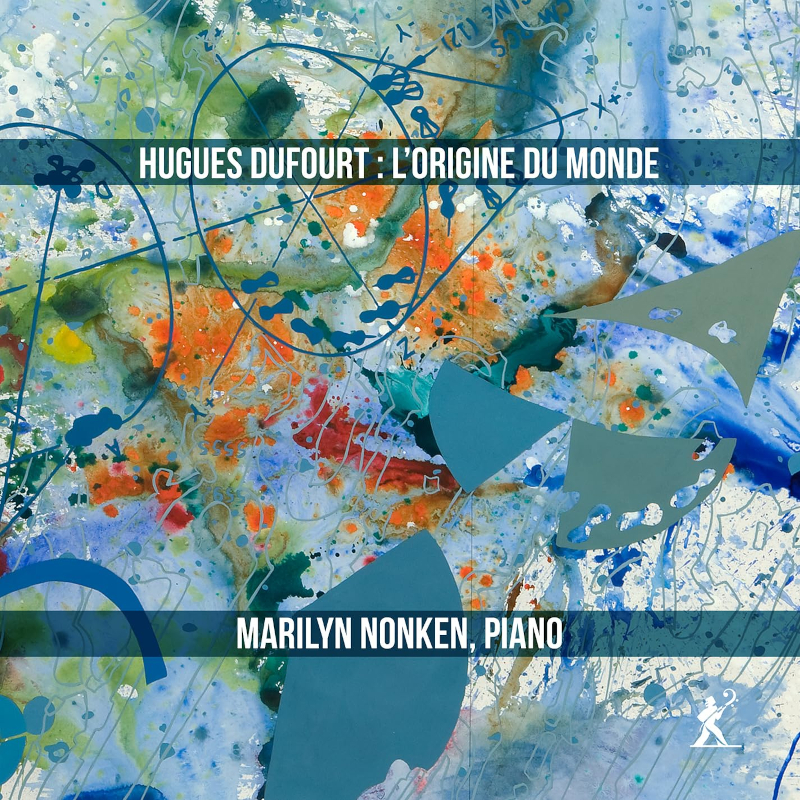
In a passage that I quoted yesterday from his book Germania, Simon Winder mentions Gustav Mahler’s song “Ich bin der Welt abhanden gekommen” (1901-1902), based on the poem by Friedrich Rückert. He called it “the greatest” of 19th century German songs, “a work of such richness that it can only be listened to under highly controlled circumstances.” He is off by a year or two, but let’s be open-minded. It won’t hurt.
It would be chary of me not to post it here today, so control (highly) your circumstances and enjoy this 1989 performance of the song by Jessye Norman, accompanied by Zubin Mehta and the New York Philharmonic. The original poem and a translation follows the video.
Ich bin der Welt abhanden gekommen
Friedrich Rückert
Ich bin der Welt abhanden gekommen,
Mit der ich sonst viele Zeit verdorben,
Sie hat so lange nichts von mir vernommen,
Sie mag wohl glauben, ich sei gestorben!
Es ist mir auch gar nichts daran gelegen,
Ob sie mich für gestorben hält,
Ich kann auch gar nichts sagen dagegen,
Denn wirklich bin ich gestorben der Welt.
Ich bin gestorben dem Weltgetümmel,
Und ruh’ in einem stillen Gebiet!
Ich leb’ allein in meinem Himmel,
In meinem Lieben, in meinem Lied!
I am lost to the world
English translation by Richard Stokes
I am lost to the world
With which I used to waste much time;
It has for so long known nothing of me,
It may well believe that I am dead.
Nor am I at all concerned
If it should think that I am dead.
Nor can I deny it,
For truly I am dead to the world.
I am dead to the world’s tumult
And rest in a quiet realm!
I live alone in my heaven,
In my love, in my song!
Translation © Richard Stokes, author of The Book of Lieder (Faber, 2005)




 Hitting the streets tomorrow,
Hitting the streets tomorrow,